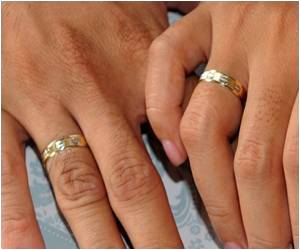
"In most demographic groups, friendship turns out to be very important for self-reported health status," Dr. Mukerjee said.
Murkerjee analyzed data from 39,842 people using the General Social Survey conducted between 1972 and 2008.
Respondents answered questions about their social characteristics, memberships, behaviors and attitudes and assessed their own health as either excellent, good, fair or poor.
Previous research has shown that self-reported health status is a strong predictor of mortality.
Survey information about a person's memberships in 16 categories of organizations, including unions, fraternities, sports, youth groups, etc. was used to measure level of impersonal connections.
Advertisement
Though Mukerjee found only a slight decline in the level of overall memberships between 1974 and 1994, she noted, "Larger shifts have taken place in the distribution of different memberships over time."
Advertisement
Membership in a sports club was the only type of organizational connection found to increase the likelihood of a person reporting good to excellent health.
Personal interactions declined overall by about 12 percent during the study period, largely due to respondents reporting fewer visits with their neighbors, which declined by about 24 percent.
Visits to friends had a small increase of five percent during the study period.
People reporting intense personal interactions were more likely to report good to excellent health, compared to people without such interactions.
The findings are published in the American Journal of Health Promotion.
Source-ANI









